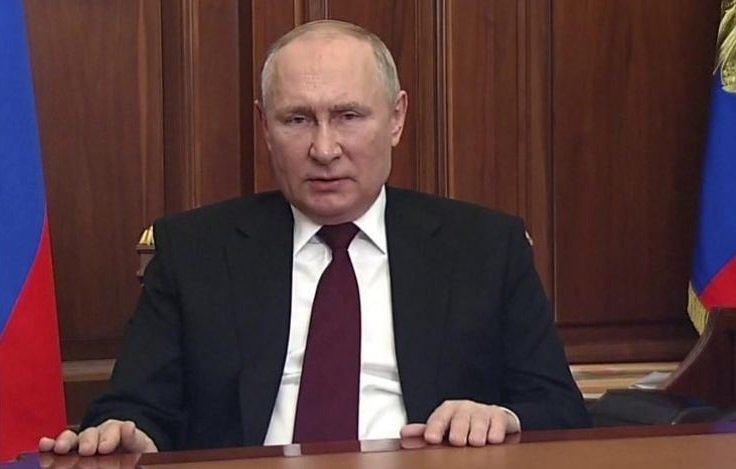European Union countries on Friday signed off on a new package of sanctions on Russia over the war in Ukraine, including lowering a price cap on Moscow’s oil exports.
The 18th round of economic punishment against Russia since its 2022 invasion was approved after Slovakia dropped a weeks-long block following talks with Brussels over separate plans to phase out Russian gas imports.
“The EU just approved one of its strongest sanctions packages against Russia to date,” EU foreign policy chief Kaja Kallas said.
“Each sanction weakens Russia’s ability to wage war. The message is clear: Europe will not back down in its support for Ukraine. The EU will keep raising the pressure until Russia ends its war.”
Slovakia’s Russia-friendly leader, Robert Fico, abandoned his objection after receiving what he called “guarantees” from Brussels on petrol pricing, as the bloc seeks to shut off Russian supplies by the end of 2027.
Diplomats stated that as part of the latest measures aimed at reducing Russia’s war chest, the union has agreed to decrease the price cap on Russian oil shipped to third nations around the world to 15% below market value.
Despite their efforts, EU partners have been unable to persuade US President Donald Trump to support the idea.
The cap is a G7 measure aiming at reducing Russia’s profits from oil exports to countries throughout the world, including China and India.
The G7’s oil price cap, set at $60 in 2022, is intended to limit the price at which Moscow may sell oil throughout the world by prohibiting shipping and insurance companies dealing with Russia from exporting more than that amount.
Under the proposed EU arrangement, which is expected to be supported by G7 allies such as Britain and Canada, the new level will begin at $47.6 and can be changed as oil prices fluctuate in the future.
In addition, authorities said the EU is blacklisting over 100 more boats in Russia’s “shadow fleet” of ageing tankers used to avoid oil export restrictions.
There are also plans to prevent the decommissioned Baltic Sea gas pipelines Nord Stream 1 and 2 from being brought back online.
Sanctions will be imposed on a Russian-owned oil refinery in India, as well as two Chinese banks, as the Union moves to limit Moscow’s relationships with international partners.
There is also a broader ban on transactions with Russian banks, as well as tighter restrictions on the shipment of “dual-use” products that could be used on the battlefield in Ukraine.
The latest sanctions will be formally adopted by EU ministers later on Friday.









